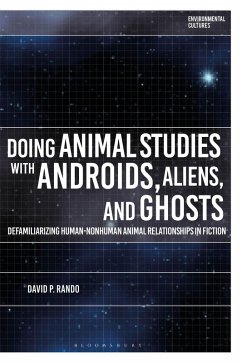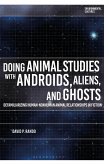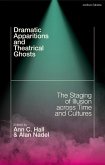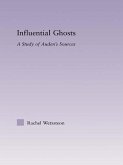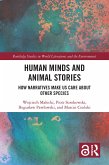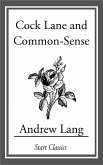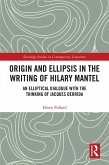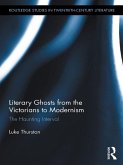Exploring what can be learnt when literary critics in the field of animal studies temporarily direct attention away from representations of nonhuman animals in literature and towards liminal figures like androids, aliens and ghosts, this book examines the boundaries of humanness. Simultaneously, it encourages the reader both to see nonhuman animals afresh and to reimagine the terms of our relationships with them.
Examining imaginative texts by writers such as Octavia Butler, Philip K. Dick, Kazuo Ishiguro, Jeanette Winterson and J. M. Coetzee, this book looks at depictions of androids that redefine traditional humanist qualities such as hope and uniqueness. It examines alien visions that unmask the racist and heteronormative roots of speciesism. And it unpacks examples of ghosts and spirits who offer posthumous visions of having-been-human that decenter anthropocentrism. In doing so, it leaves open the potential for better relationships and futures with nonhuman animals.
Examining imaginative texts by writers such as Octavia Butler, Philip K. Dick, Kazuo Ishiguro, Jeanette Winterson and J. M. Coetzee, this book looks at depictions of androids that redefine traditional humanist qualities such as hope and uniqueness. It examines alien visions that unmask the racist and heteronormative roots of speciesism. And it unpacks examples of ghosts and spirits who offer posthumous visions of having-been-human that decenter anthropocentrism. In doing so, it leaves open the potential for better relationships and futures with nonhuman animals.

